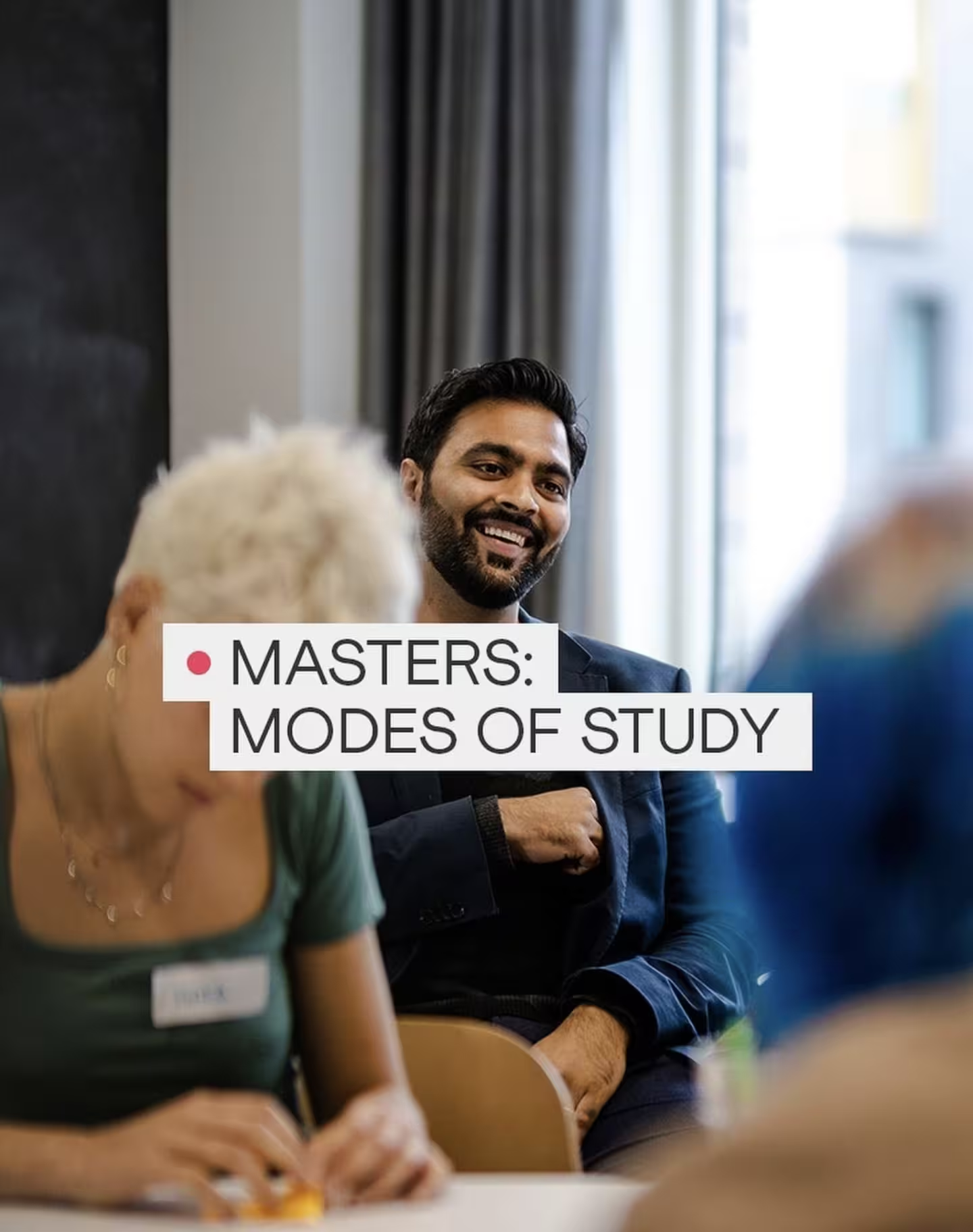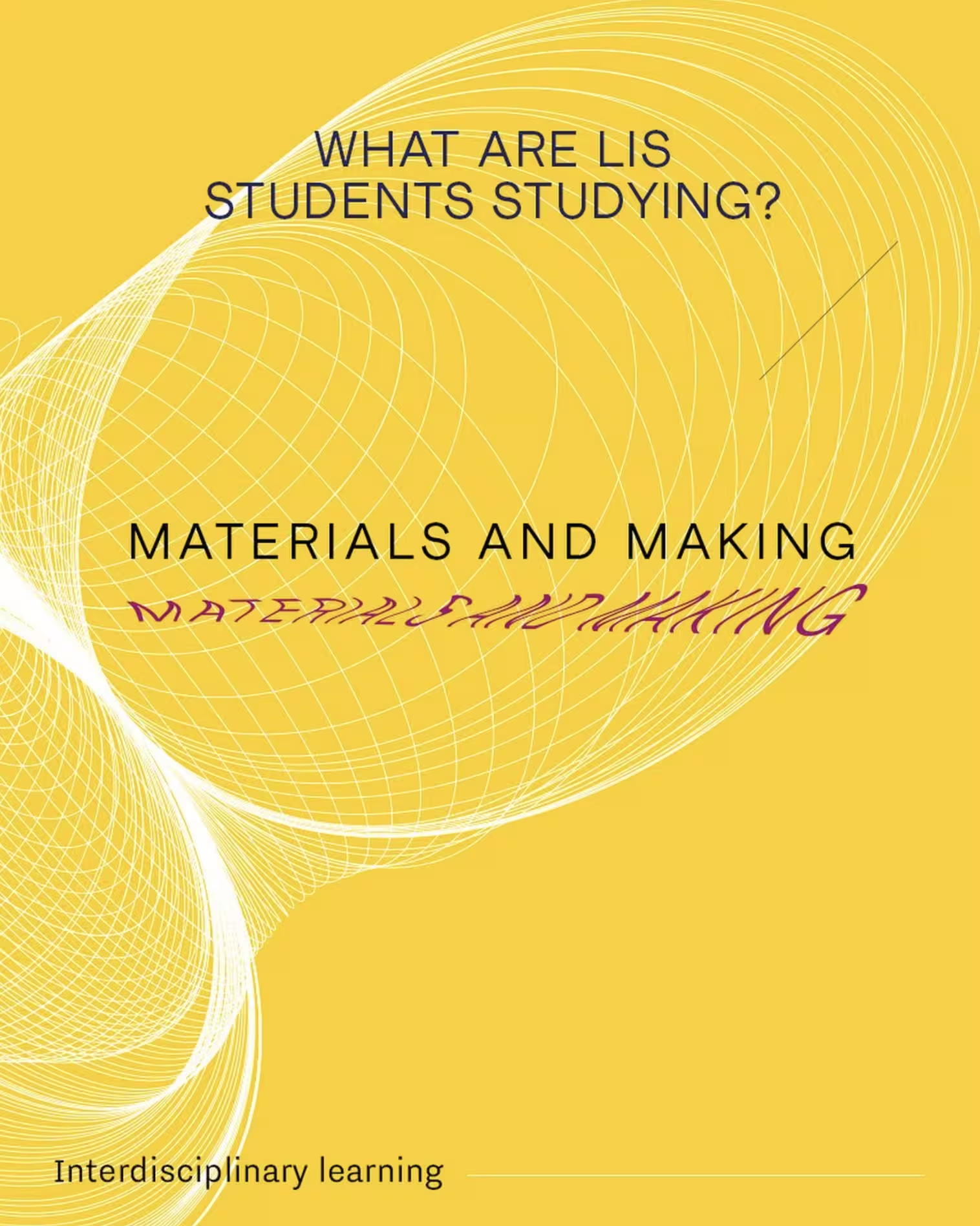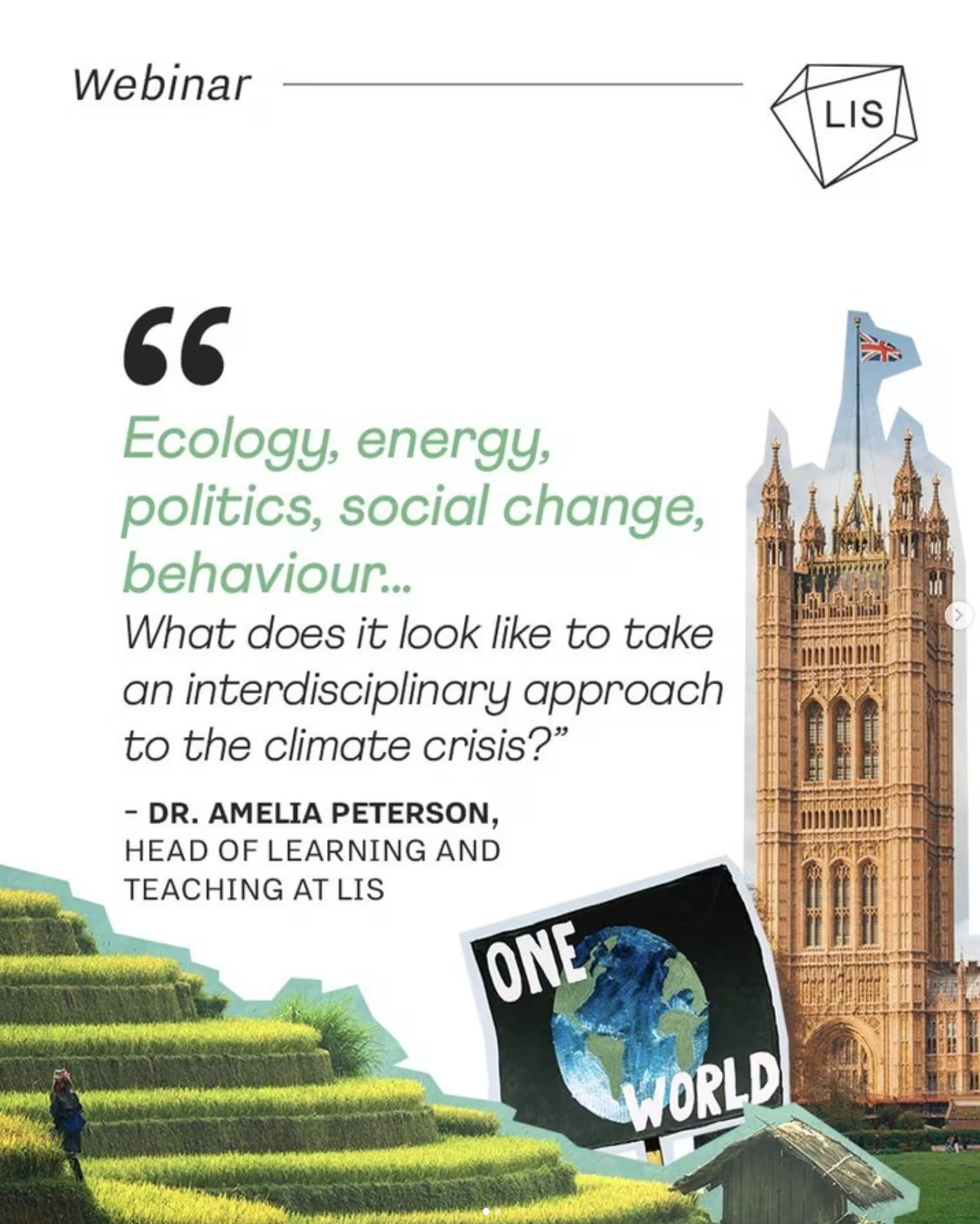Routes to interdisciplinarity 3: The Consensus Theory of Truth

Sir AlanWilson FBA, FRS, is Director of Research at The London Interdisciplinary School. These blog posts are developed from his books - Knowledge power and Being interdisciplinary. The latter is free to download: www.uclpress.co.uk/beinginterdisciplinary.
Philosophy as a Foundation for Critical Thinking
Philosophy is a good starting point for ‘thinking things through’ but perhaps it’s mainly a process rather than a source of superconcepts. Wittgenstein ended his Tractatus with a statement, paraphrased here, that philosophy provided a ladder to be climbed, and then it can be thrown away. However, my thinking in the early days was shaped by amateur excursions into philosophy and it produced one superconcept: the consensus theory of truth. I will thread my way towards that!
There is a story attributed to T.S. Eliot about a taxi journey in London. [1] As he sat down in the cab, the driver said: ‘You are T. S. Eliot aren’t you?’Eliot acknowledged this and said he was surprised that the cabbie recognised him. ‘Oh, I get all sorts of famous people in my cab. The other day I had Bertrand Russell, the world-famous philosopher, and so I asked him: “Bertie, What’s it all about?” And do you know, he couldn’t tell me!’ Philosophy was a starting point for me, back to my schooldays, and Russell was central to my reading.
What can we know? How can we recognise ‘truth’? How can we recognise right from wrong, good politics from bad? How can knowledge be classified? There aren’t any easy answers, but reading in philosophy over the years has led me to a practical framework. Edward Boyle, when he was Vice-Chancellor of Leeds University, was often asked by friends what a university is for. He honed a brief reply: ‘thinking things through’, he would say.
Elements of philosophy in an intellectual toolkit facilitates this. What is the ‘requisite knowledge’ you need to approach a complex problem? This search will lead into a range of disciplines and forces an interdisciplinary perspective. [2] We can’t answer the question ‘What’s it all about’ but we can recognise the importance of asking it and being curious.
In my early reading, Russell’s History of Western Philosophy provided a broad background. My own field at the time was in mathematics and elementary-particle physics, and I appreciated the possibility that there was such a thing as ‘objective knowledge’ [3]. Karl Popper provided a basis for describing how scientists work – seeking falsification of theories rather than ‘proof’.
I was a ‘logical positivist’. When I switched into geography and the social sciences, I worked on mathematical and computer models of cities, and this framework seemed to sit comfortably. I found the idea of ‘pragmatism’ a useful way of avoiding the more esoteric philosophical discussions. I built a (too) simple view of ‘ethics’ through Kant’s ‘categorical imperative’. However, a turning point arrived in the 1970s when versions of Marxism came to dominate the social sciences and my kind of social science was heavily criticised – as indeed was anything ‘mathematical’.
I needed to seek to understand the ‘new’ social science to be able to respond from the ‘inside’. A modified framework was offered by Jurgen Habermas and his ‘consensus theory of truth’. Truth is what we agree about. Which sounds shocking at first but its practical power is considerable. He distinguished three kinds of knowledge:the technical, the practical and the emancipatory.
My own research could befitted comfortably into the ‘technical’; the practical’ was about discourse; and the ‘emancipatory’ about power and things we didn’t agree about. This helped me to think through how I worked in the political arena. We could agree relatively easily about mathematics and physics say, but not about politics. I could broaden my perspective. The workings of the consensus depended on what Habermas called effective ‘intersubjective communication’ – there should be discourse and debate.
It also pushed me into casting my ‘requisite knowledge’ net more widely – notably into sociology and political science. And into ‘systems thinking’, which was not surprising in that this provided a framework for integrating the interdisciplinary elements I was assembling for my work on cities. It also coincided with an early research breakthrough – developing models based on the entropy concept. This was borrowed from physics and applied in urban modelling, so it was research through an analogue.
Embracing Interdisciplinarity and Superconcepts
Eventually, I realised that I was not dependent on the analogue – except in accessing the idea – but that ‘entropy’ was an example of a ‘superconcept’ –something that stood in its own right outside and ‘above’ any particular discipline. This provided a complementary route into interdisciplinarity.
[1] Spectator review by Daniel Hannan, 18 April 2005, quoting Eliot
[2] I summarised my first 30 years of amateur reading in philosophy in ‘Useful philosophy’,
[3] Karl Popper (1979) Objective Knowledge, Oxford University Press, Oxford
Share this story
Sign up for our newsletter
Don't miss out on important updates including course information, new announcements, Open Day dates and the latest LIS news.















































.svg)

.svg)





This is a comment related to the post above. It was submitted in a form, formatted by Make, and then approved by an admin. After getting approved, it was sent to Webflow and stored in a rich text field.